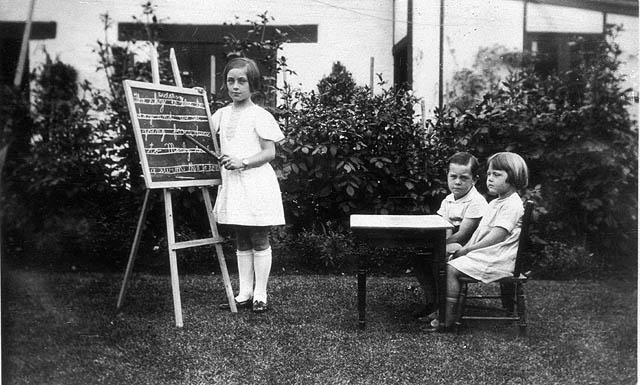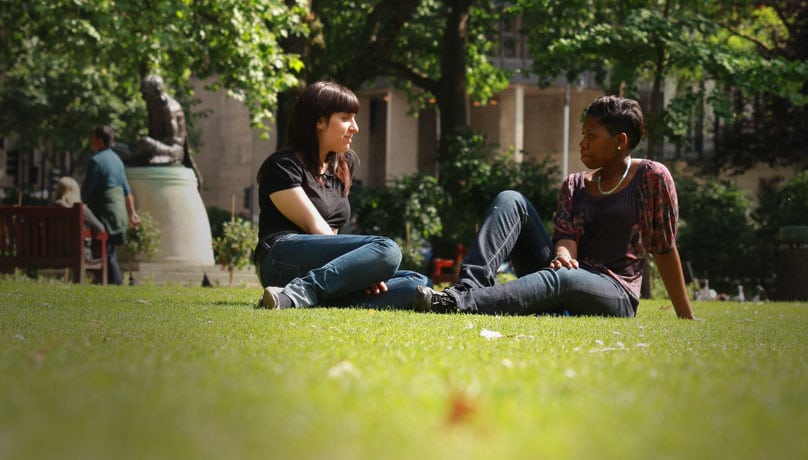Summer Schools: How to Run Summer Courses
Summer schools are a fantastic way for students of all ages to develop relevant skills in a stimulating environment and experience the culture of another city or country first-hand.
Truly successful summer schools don’t just happen naturally however. They take a considerable amount of planning. The rewards are huge – a good summer school can open up academic and interpersonal skills and prepare students for further study, adding real value.
If you are planning a summer school then you have a number of organisational tasks in order to make it work for management staff, teachers and students.
The main priorities when it comes to the initial planning stage is finding a venue with suitable accommodation and catering options. With these building blocks in place you can then focus on planning an itinerary that will provide an enriching and entertaining experience for your students.
Budget
It is most desirable when budgeting to be able to have an all in price for your lecture room hire, overnight accommodation and catering summer school. By getting a single price for these three aspects you will have a much better idea of your budget. Catering will be a fixed cost, but you can negotiate some of the other costs with the summer school venue.
Summer School Venue
You need to locate a venue that matches all of your needs. Be sure that you know:
– what spaces you require
– what dates you need them for
– what time periods you need them for
– how many people you need to accommodate
– what facilities you need
It’s good to choose a venue that has experience hosting summer schools. It’s also worth considering the location of the venue: is it easy to get there? are there attractions nearby so that you can really enhance the cultural relevance and overall experience of the summer school?
When it comes to the summer school itself, it is important that students have the opportunity to familiarise themselves with the venue and the spaces that they will use. In order to facilitate this, you could plan some form of interactive activity to allow them to explore the spaces. The NFER find that “a treasure hunt can be a fun activity and help pupils to become oriented to their new surroundings,” which can work well with younger students.
Summer School Accommodation
Overnight accommodation is an essential part of a summer school. You need to find an affordable and convenient option located near to your venue. University Halls of Residence are usually ideal, as they are able to accommodate large groups, have self-catering as well as catered options in excellent locations and are affordable. They can also house teaching staff and lecturers as well as students.
Summer School Catering
Another key component to your summer school is catering: what, when and where will the students eat. Catering is usually available at a fixed price and any venue can discuss your options with you. It’s important to make sure you have any special dietary requirements covered as well as coming in on budget. Don’t be afraid to ask plenty of questions and find out about all catering options.
How to Run Summer Schools
Set Objectives
What are the aims of your summer school? It is important to have a clearly defined set of objectives for the school that cover academic, cultural, social, and interpersonal aspects. This will help you market the summer school to potential students and their parents and then plan an effective itinerary.
Decide Length and Structure
There are many questions that you must answer when planning a summer school. It often begins with deciding on the duration of the summer school. Once this has been decided, you can then look at how many teaching hours/lessons you will offer a week. Between 15 and 25 lessons is a good guide, depending on how intensive the course will be and based on a lesson length of 45 minutes or one hour. The other major consideration is how you will combine academic with non-academic activities. Will activities be planned for the afternoon and evenings? Or will you have excursions that last all day?
Summer School Itinerary
Summer school organisers should prepare a detailed itinerary, which balances a varied and strong academic programme with fun and enriching activities. Finding a balance between academic learning, cultural experiences and social activities that allow students to interact with each other is key to success. You may consider film screenings, sporting activities, quizzes, discos as potential activities.
It is vitally important that you don’t allow boredom to set in. One way to prevent this is to plan visits to places of interest, including those that are directly relevant to the students’ study. For example, if they are studying art, you could plan visits to London’s Tate and Tate Modern as well as the National Portrait Gallery.
When considering large group activities, you need to decide if any of them are to be outsourced to an external company. There are various organisations that can deliver bespoke workshops covering everything from drama classes to puppet-making. This will add to expenses, but can also open up some genuinely engaging experiences.
Summer schools are also a great opportunity for students to develop their interpersonal skills by socialising amongst themselves. For international summer schools, there is no better way for students to improve on their English language skills than by interacting in real-life situations.
Marketing
Consider how best to communicate the benefits of the summer school programme with both students and their parents. It is essential that you get parents to buy into the summer school and understand the benefits it will offer their child. It also makes sense to identify any areas of concern they may have and make a point of addressing each one in turn. These often include information on airport arrivals and reassurances in regards to child safety. You will also need to have prices for the summer course as well as any additional and optional fees.
Why 20 Bedford Way is the ideal London Summer School Venue:
Location, Location, Location – Bloomsbury in the heart of London
London is an extremely popular city for summer schools. It is a vibrant, culturally-rich capital with incredible free museums and art galleries as well as thousands of unrivalled selfie opportunities in front of world-famous landmarks. We’re talking Big Ben, Westminster Abbey, Tower of London, Buckingham Palace, Trafalgar Square, London Eye and so many more.
Located in historic Bloomsbury, 20 Bedford Way is ideally located for a summer school. Bloomsbury is an area overflowing with culture. It is home to the British museum as well as many picturesque squares and is where the Bloomsbury group of artists and writers resided. Its location in Central London and excellent transport links also means that you can get all over London with great ease, perfect for showing your students around the city.
Venue Facilities – a 910 seater lecture theatre
20 Bedford Way has a range of lecture theatres, classrooms and event spaces available for summer schools including our flagship Logan Hall, a lecture theatre with a stage that seats up to 910 people and comes with state of the art AV equipment. Our rooms provide everything you need to deliver fantastic engaging talks and events.
Accommodation – UCL Residences
The prestigious University College London has a range of fantastic summer accommodation on offer where lecturers as well as large groups of students can sleep. The summer school accommodation is located in close proximity to 20 Bedford Way as well as numerous tourist destinations.
20 Bedford Way are also in a position to provide fantastic catering options to suit all your requirements. With large group accommodation in unbeatable central London locations, UCL Residences are the icing on the cake.
Make a summer school enquiry today by calling 020 7612 6143
Header image from State Library of New South wales on Flickr





